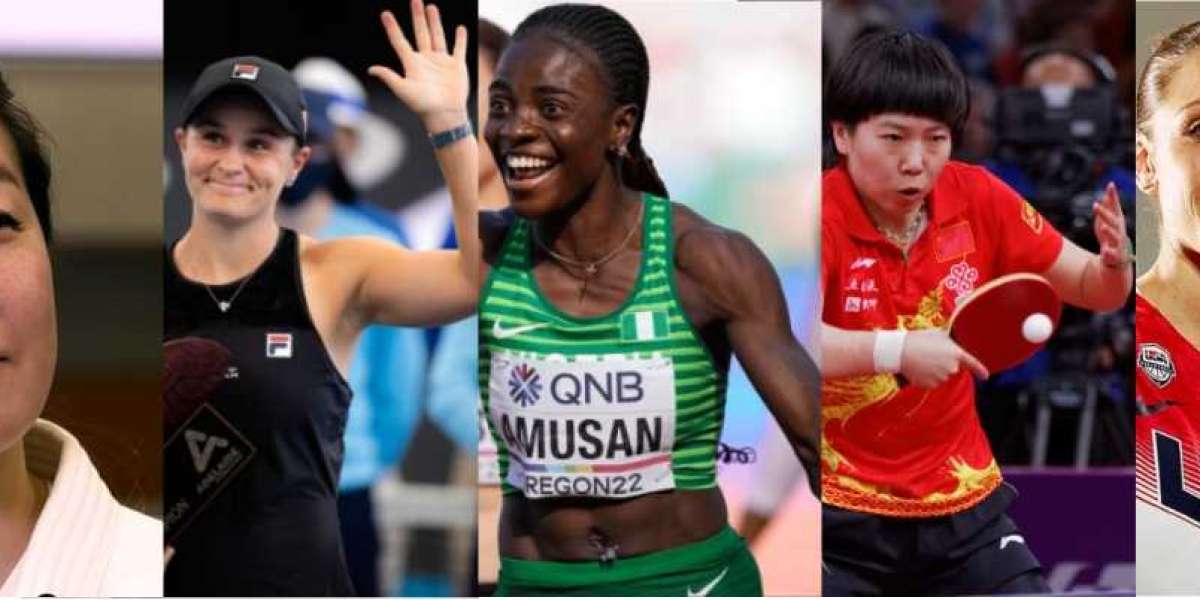International Women's Day is celebrated annually on March 8th as a way to acknowledge the social, economic, cultural, and political achievements of women around the world. In the realm of sports, this day serves as a reminder of the progress made toward gender equality, as well as the ongoing efforts needed to ensure that women in sports have equal opportunities and are treated with the same respect and dignity as their male counterparts.
In recent years, the participation of women in sports has increased significantly, as has their visibility in the media and public consciousness. This has been driven in part by the tireless efforts of advocates and organizations dedicated to promoting gender equality in sports, as well as the rising popularity of women's sports leagues and competitions. However, despite these positive developments, there is still a long way to go before women in sports are able to fully enjoy the same benefits and opportunities as men.
One of the most significant challenges facing women in sports is the unequal pay and treatment they receive compared to their male counterparts. Despite the fact that many women's sports leagues and competitions attract huge audiences and generate significant revenues, the pay disparities between male and female athletes remain staggering. For example, in professional soccer, the average salary for women players is just a fraction of that earned by men, and women's sports events are often given less airtime and fewer media coverage than men's events.
Another challenge facing women in sports is the lack of equal opportunities and resources. Despite advances in women's sports, many young girls still face barriers that prevent them from participating in sports and pursuing careers as athletes. This includes a lack of access to quality coaching and training facilities, as well as a lack of funding and sponsorship opportunities. As a result, many talented young women are unable to reach their full potential, and the pool of elite female athletes is not as deep or diverse as it could be.
Despite these challenges, there are many inspiring examples of women in sports who have overcome these obstacles to become successful athletes, coaches, and leaders. From Serena Williams, who has dominated women's tennis for decades, to Simone Biles, who has broken world records and inspired millions with her gymnastics skills, these women serve as powerful role models for young girls and women around the world.
In conclusion:
International Women's Day in sports provides an opportunity to celebrate the progress made toward gender equality in the world of sports, while also acknowledging the ongoing challenges faced by women athletes, coaches, and administrators. As we continue to work towards a more equitable and inclusive sports culture, we must remember that women's sports are just as valuable and deserving of support and recognition as men's sports and that the opportunities and benefits of sports should be available to all, regardless of gender.

 Parcourir les événements
Parcourir les événements  Mes Evénements
Mes Evénements  Spoorts TV
Spoorts TV  Youtube
Youtube 






![[Cameroun] Ums de Loum:un forfait général inattendu.](https://spoorts-cdn.s3.amazonaws.com/upload/photos/2023/02/nQJhiqBZlvKdeEQQfyL5_11_416103a7c9f01df7d92983dfdb757ab6_image.jpg)





